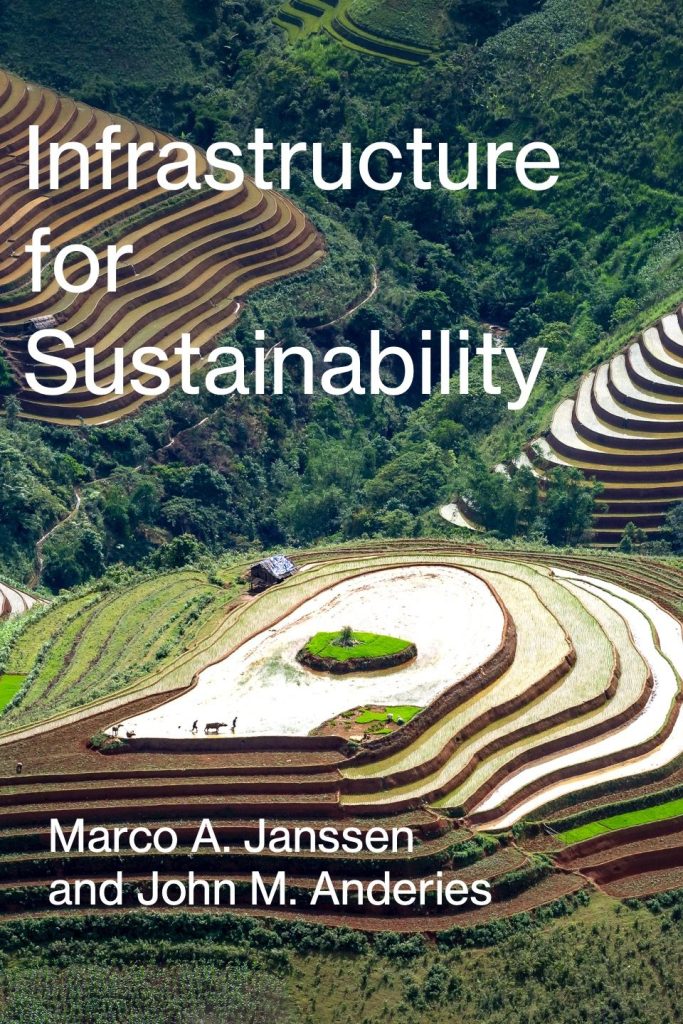There might be various contributing factors to the current high inflation and labor shortages such as the disruptive pandemic, stimulus money increasing demand, and the war in the Ukraine. A key systemic problem explaining the current situation is the loss of resiliency of economies with their focus on the efficiency of global supply chains. As the latest edition of the Economist explains, the lodestar of globalization since the fall of the Berlin Wall has been efficiency. A period of relative international political stability led to the development of a tight global supply chain that was focused on producing commodities the cheapest way possible, even if this meant production in autocratic countries who do not support human rights.
The pandemic finally demonstrated the vulnerability of this approach in the form of disrupted supply chains. Studies of resilience show that resilient systems embrace modularity, redundancy, and diversity. Being dependent on a few suppliers for critical technologies (e.g. Taiwan produces about half of the microchips in the world) might be efficient, but does not allow for the redundancy in suppliers to make systems resilient to shocks.
The successful implementation of tight and efficient supply chains was possible due to a relatively stable disturbance regime. This is also a feature we see in other systems. For example, ants in relatively stable environments are able to develop large complex colonies with specialization of individual workers. In environments with more variability, smaller colonies with workers with more generalizable task portfolios evolve.
The efficiency focus in economic systems led to globalization of production, disgruntled blue collar workers, and dependency on autocracies (see the Russian energy dependency of Europe). The editorial in the Economist envisions a rethinking of globalization, explicitly acknowledging resilience. This could include a focus on more regionally focused supply chains (modularity) with trade among trusting nations (diversity and redundance). Surprisingly, the editorial does not address the expected increase of extreme events as a potential vulnerability of supply chains. With the unfolding climate change that we are experiencing, we can expect that supply chains will increasingly be impacted by extreme weather events. In rethinking global supply chains this might be a priority area to consider too.
Finally, the focus on efficiency is not all about trade. Outsourcing personnel that receive low pay and insufficient benefit plans, may have contributed to the Big Quit. Not investing in human and social infrastructure, the personnel of the firm, is causing major challenges. Indicative of this is the major problems in air travel . Outsourcing does not create loyalty among employees. When air travel restarted after the main lockdowns from the covid pandemic this did not mean that former employees would automatically return to work. They now expect better payments, having alternative options available. The perplexed airline industry seems not to have an answer since they have created a competitive system focused on low cost travel.
The increased level of energy and labor costs might be something we should get used to if we want to redesign our economic system to be more resilient to the more eventful time we will experience in the coming years and decades. It would be unwise for politicians to promise to go back to the past low cost economy.










